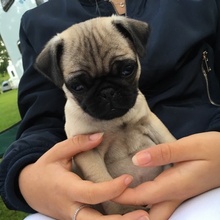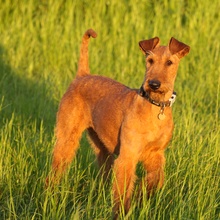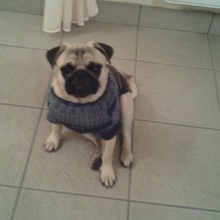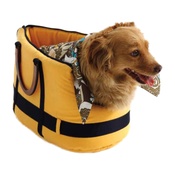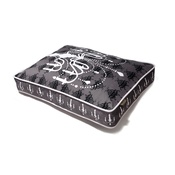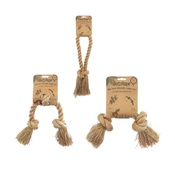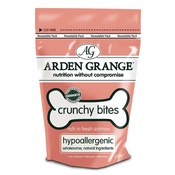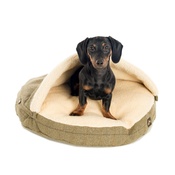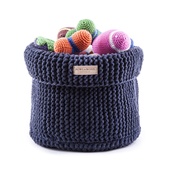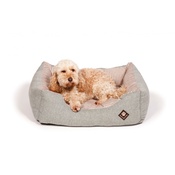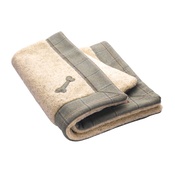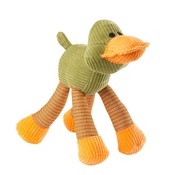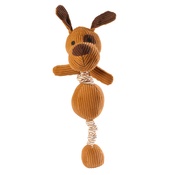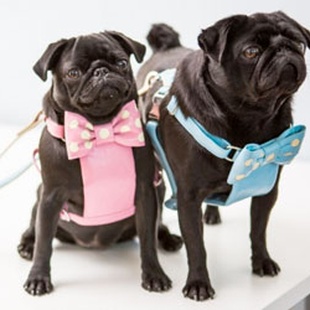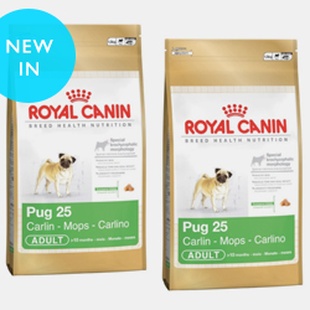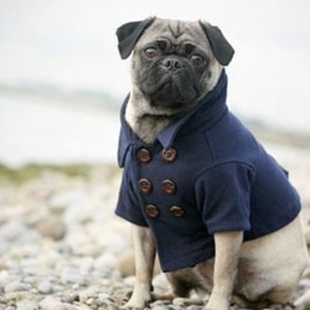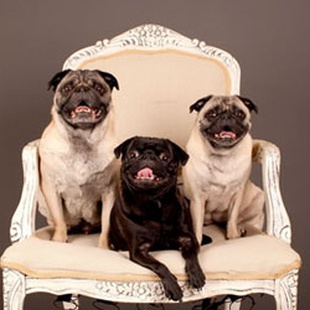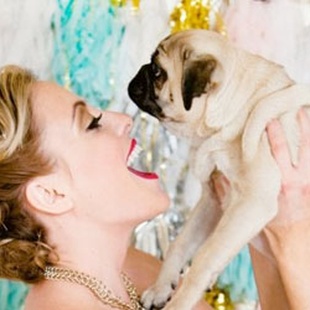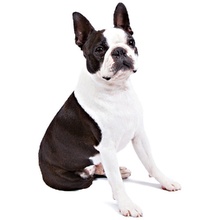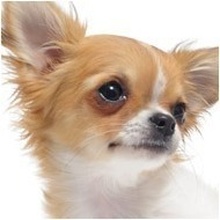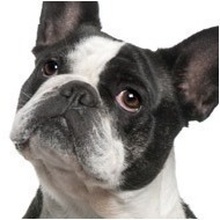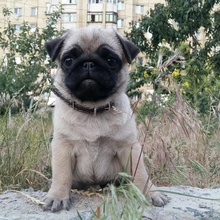
Pug
Join the ultimate breed community for Pug – connect with fellow owners and discover all the latest products, services and travel destinations that are perfect for your pet.
Need to know Pug
A sociable people-dog, Pugs are tough little pooches that enjoy play time and cuddles in equal measure. Pugs thrive on companionship so make ideal soul mates for older people and an asset to young families with plenty of time to devote to their dog.
TEMPERAMENT: Friendly, dignified, self-reliant and good-natured. As such, the Pug makes an adaptable companion and the breed’s fairly even-temper and happy disposition make them wonderful family pets.
APPEARANCE: Often dubbed as the big dog in a small space, Pugs are decidedly square and compact with a round and relatively large head in proportion to their body. A Pug’s muzzle is short and blunt and is perhaps the only creature to look good with a wrinkled forehead.
AVERAGE HEIGHT: 30-36cm (12-14 inches).
AVERAGE WEIGHT: 6.3-8.1kg (14-18lbs).
OUR TOP TIP: Aside from the obvious – food, water and daily exercise, Pugs are fairly easy to care for but we do recommend regular cleaning and drying of wrinkles to fend off skin infection.
The exact origins of the Pug remains one of life’s great mysteries – but many believe the breed dates back to the Shang Dynasty in Eastern China around 400BC where they were originally bred as a lap dog. From here, this popular toy dog spread to Tibet, Japan, and is first thought to have been imported into Europe by the Dutch in the 16th and 17th centuries.
EARLY REFERENCES: The Pug arrived in England when William III came to the throne and became very popular with royalty and aristocracy.
RECOGNITION: Pugs were first recognised by The Kennel Club in 1883 – 10 years after the official club was founded.
BREED SUBTYPES: Coat is short, smooth and glossy with the colour either distinctively silver, apricot, fawn or black.
Pugs are prone to a variety of health concerns – primarily because their adorable short snouts can lead to breathing difficulties and linked health issues.
INHERITED CONDITIONS: Due to their large and protruding eyes, Pugs are also more susceptible to eye injury and infection so care should be taken when playing and exercising.
LIFESPAN: 12 to 15 years.
EXERCISE RECOMMENDATIONS: Pugs daily exercise should not regularly exceed 30 minutes.


